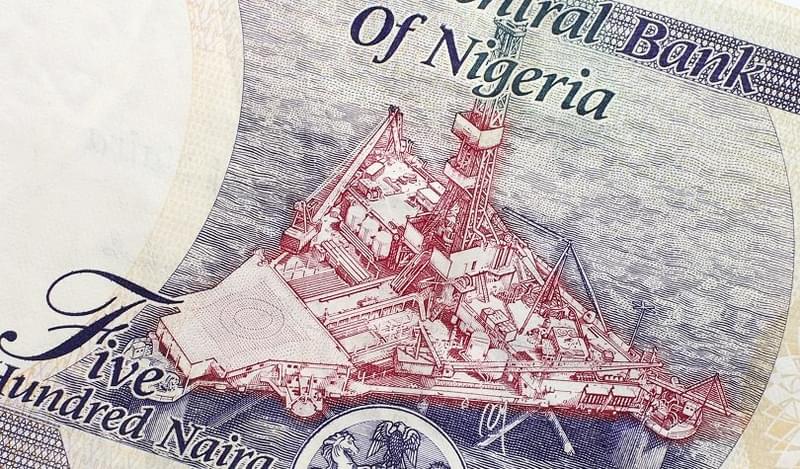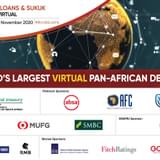Nigeria’s plans to issue a Eurobond are still being held up over investor concerns about the government’s FX policy.
The naira has been artificially pegged at between 197 and 199 to the US dollar since March last year, which has taken a toll on the country’s foreign reserves. At the end of May foreign reserves stood at US$26.5bn, down from US$28.2bn in January.
Although the naira is currently trading at 199.050 to the dollar at the official rate, on the black market it has been trading at around 300 to the dollar, at one point reaching 361 to the greenback.
However, Joe Delvaux, Senior Fund Manager at Duet Africa Credit Fund, Duet Asset Management, said that there is now an agreement to devalue the currency.
“The question now is when and how.”
Authorities appear to be considering a two-tier system comprised of a priority rate, which would be restricted to certain goods such as pharmaceuticals, and a secondary rate following the interbank market to be used elsewhere.
Nigeria’s unwillingness to allow the naira to free float stems from an FX backlog that still needs clearing, and the fact that the Central Bank does not want an overspill of volatility.
Regarding the latter however, Delvaux noted that the Central Bank would likely intervene if the currency got out of hand once devalued.
Despite the likelihood of some volatility on a devaluation, it would unlikely heavily impact Nigeria’s ability to repay its dollar-denominated debts, which remained relatively low. Government dollar-denominated debt stood at US$9.4bn at the end of 2014, or 1.7% of GDP. Furthermore, the debt to GDP ratio in the country is small, at around 13% to 14%.
The majority of the country’s debt is naira-denominated, and dollar-denominated oil export revenues means the country gets more naira for its dollars. Although dollar-denominated debt would likely remain relatively stable, investors are unlikely pour back into Nigeria in the immediate aftermath of a currency devaluation according to Delvaux, especially as local bond yields will need to adjust. Yields on government 10-year naira bonds currently stand at 14.14%.
However it appears that as long as the government can give clarity to investors over the implementation of its FX system, investors would be keen on an international Nigerian issuance.
“There will without doubt be interest in a Nigerian Eurobond,” Delvaux said, adding that he would consider buying into one if the circumstances were right.
Although the authorities are looking to issue a Eurobond, it is not the only funding option available to the country. Nigeria is also working with the World Bank, African Development Bank, and some Chinese banks in a bid to secure loan facilities.
Delvaux added that it was a strategic move by the Nigerian authorities to find cheapest way to fund the country.
“Such concessional loans, which can extend to 15 years and carry an interest rate of around 3%, are cheaper than accessing the bond markets where yields would be in the 7% to 8% area.”









